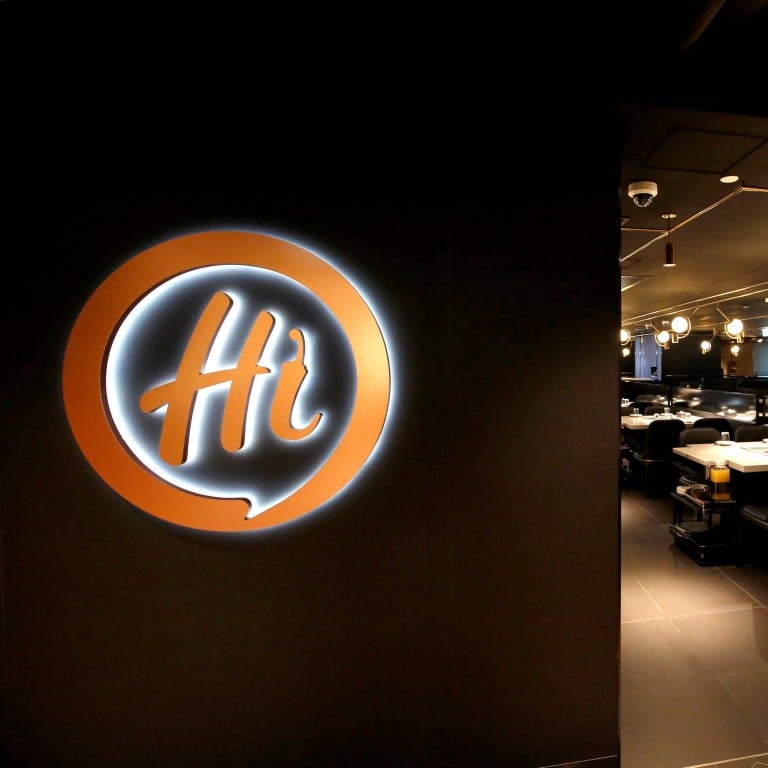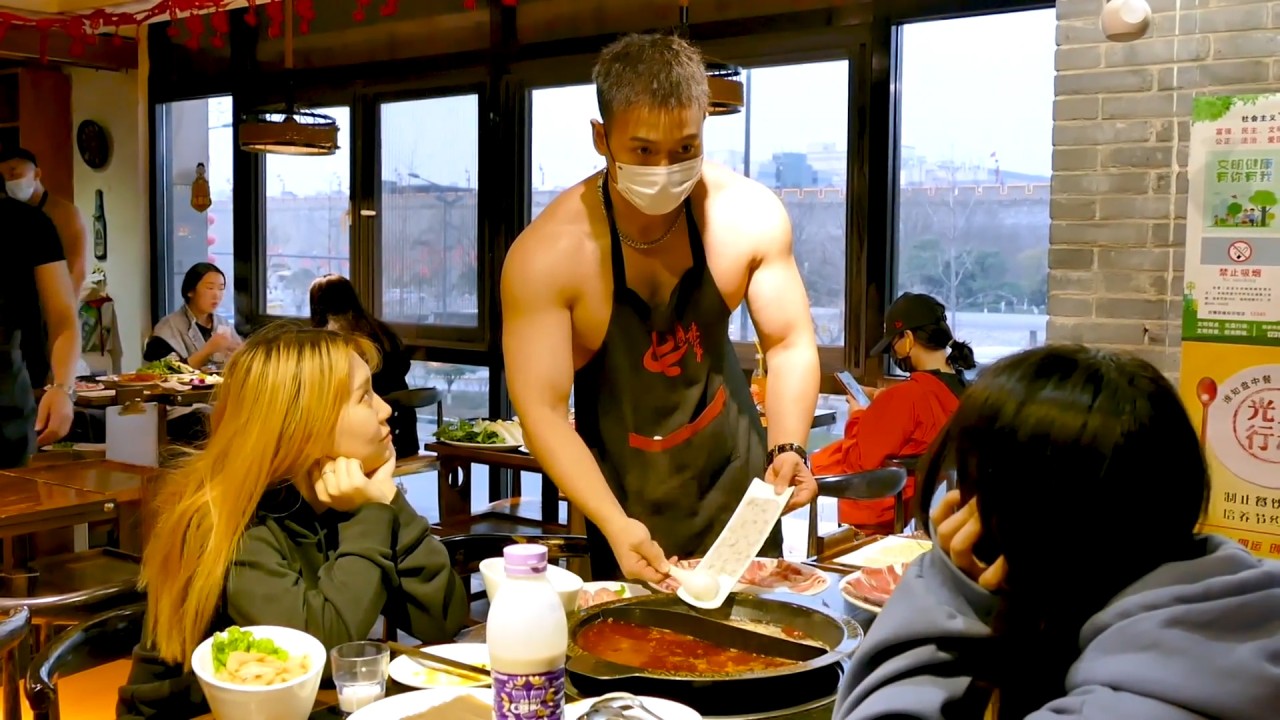
Haidilao goes from stock hero to villain as Hang Seng baptism puts investors in hot soup
- Haidilao has slumped 26 per cent since March 15 when it was added as a benchmark constituent along with Alibaba Health and Longfor Properties
- Earnings revisions among index members have been soft over the past quarter, and new large-cap constituents have a lot to blame: Jefferies
Two other debutants on the same day, Alibaba Health Information and Longfor Properties, have lost 27 per cent and 9.6 per cent respectively, while the Hang Seng Index was almost unchanged in the same period.
The losses offer a cautionary tale for investors who deem an index membership a gold standard in investing. While passive funds track stocks and their index weightings, other investors are more exposed to price swings due to changes in operating and economic conditions.
In Haidilao’s case, the stock has seen at least three earnings downgrades over the past three months as new store openings failed to bring in projected numbers of customers because of Covid-19 infections and the emergence of the new infectious Delta strain.
“The management was pretty frank about overexpansion last year and too optimistic about the development of the pandemic,” said Yang Xiaoqin, an analyst at Guosen Securities. New openings will slow and the management will be more focused on improving profitability, Yang added.
Haidilao rose 0.6 per cent to HK$40.90 at the close of trading on Wednesday. The stock has declined 8.5 per cent in June, bringing the five straight monthly losses to 37 per cent in total.

03:31
Chinese hotpot restaurant chain adapts as coronavirus fears push communal meals off the menu
Guosen this month trimmed Haidilao’s earnings forecasts for 2021 to 2023 by as much as 10 per cent. Table turnover rate, which measures how fast it churns revenue, trailed market’s expectations in the first five months this year. More Covid-19 cases in the southern Guangdong province have restrained spending.
Aggregate earnings revisions among Hang Seng Index members have been soft to say the least over the past quarter, analysts at Jefferies said in a report on Monday. New large-cap constituents have a lot to blame for the lacklustre earnings growth and the Hang Seng Index’s inertia, they added.
That ranges from a 5.1 per cent decline in per-share earnings for Haidilao and 16.8 per cent for Xinyi Solar, the report showed. The changes were steeper at 19. 1 per cent for BYD and 31 per cent for Alibaba Health.
Haidilao ranked among the market’s favourite bets as the stock surged by more than fivefold over three years. The March trio have matched or outperformed the benchmark over the past six and 12 months, before their index baptism.

02:17
Male topless models serving in Chinese hotpot restaurant turn shop into viral hit
The hotpot chain has struggled to post a profit in the pandemic-stricken year of 2020, and chairman Zhang Yong’s decision to expand aggressively has backfired for now. New store openings surged 70 per cent last year, bringing its total outlets to 1,298, while table turnover slipped to 3.5 per day from five in 2018.
The 50-year-old Zhang, a native of southwest Sichuan province known for its spicy food, founded Haidilao in 1994 with three others out of a four-table restaurant. He took up Singapore citizenship in 2019 and controls 68.2 per cent of the firm with his wife Shu Ping, a stake valued at US$9.3 billion.
After years of rapid expansion and market dominance, Zhang appears to have tempered his expectations. He cautioned about the outlook at a conference call earlier this month, citing rising labour costs and the growth ceiling in the catering sector.
Haidilao has also recently been challenged by consumers for its flavour and prices while competitors such as Xiabuxiabu Catering Management make inroads.
“With the fast expansion of outlets, Haidilao’s business has suffered from issues like the deterioration in customers’ satisfaction and short staffing,” said Chen Xin, an analyst at Guoyuan International in Shenzhen. “The management will focus on internal revamp as a priority this year and new [store] openings will slow down.”

